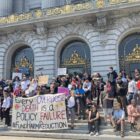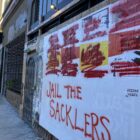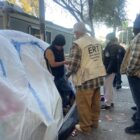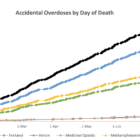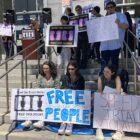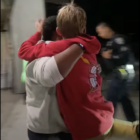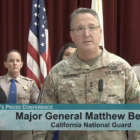Overdose Crisis
DA’s Opposition to Drug Diversion Programs Undermines Public Safety, Say Legal Advocates
San Francisco District Attorney Brooke Jenkins has criticized and diminished the use of diversion programs that offer criminal defendants accused of selling drugs rehabilitation, counseling and training rather than jail sentences.
Since taking office 15 months ago, Jenkins has reduced the number of referrals to the San Francisco Pretrial Diversion Project by 70%, according to its CEO David Mauroff.
And as San Francisco’s rate of overdose fatalities reaches more than two deaths a day, Jenkins is pushing for defendants accused of selling drugs to remain in jail. But some legal experts say that’s a bad strategy both for the defendants and for public safety.

